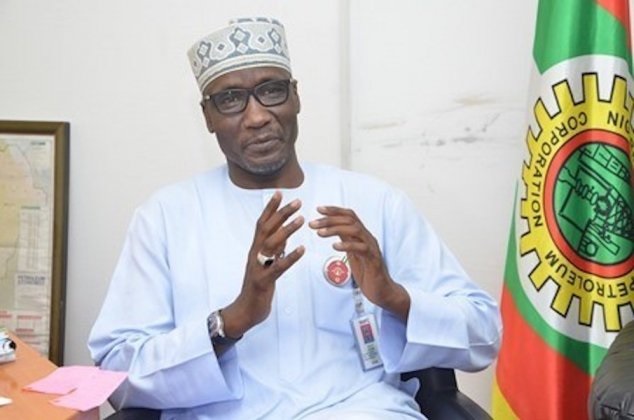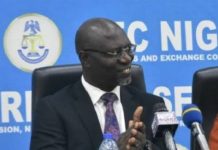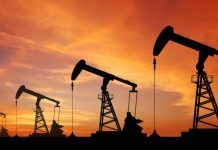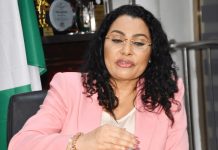Nigeria’s three refineries have handed a total sum of N4.93 billion to their staff as personal and car loans. This is despite the fact that they recorded a combined operating loss of N202.7 billion in 2021.
It was disclosed in the audited financial results of the companies published by the Nigerian National Petroleum Company (NNPC) Limited, that the loans came with zero interest.
A look into the loans given by Nigeria’s refineries
The three refineries, which were located in Warri, Port-Harcourt, and Kaduna states, have a combined production capacity of 445,000 barrels per day (bpd).
- A breakdown from the report, however, showed that Kaduna refineries alone gave out loans worth N2.171 billion to its employees. The sum of N1.180 billion was recorded as employee loans in 2020, while another N991 million was recorded in 2021.
- Port Harcourt refinery on the hand recorded a N88.97 billion loss in two years while staff enjoyed N1.37 billion as loans. The breakdown of the staff loan showed they were given to cover staff touring, personal needs, car, and also on compassionate grounds.
- The Warri refinery recorded N35.15 billion operating loss in two years. The refinery issued to its staff a total of N1.38 billion in loans for personal use and to buy a car. A breakdown shows that N637.14 million was given to staff in 2021, while N751.09 million was handed out in 2020.
NNPC explains why the refineries are not operational
Maintaining that the non-operational situation of Nigeria’s refineries is among the reasons why they’ve been recording huge losses, Mele Kyari, NNPC’s Group Managing Director (GMD), stated that 25 years of bad management was responsible for the poor condition of the facilities.
According to Kyari, full rehabilitation of the refineries is essential to make them become functional, such that they can be profitable.
the refineries were essentially not properly managed overtime, not just today, but in the last 20 to 25 years.
His words: “The turnaround maintenance processes were clearly mismanaged over time. I have said this over and over. And when we took over, it was very obvious that what you are dealing with was not turnaround maintenance. We were dealing with total rehabilitation.
“The panels were clearly in situations where ordinary maintenance will not solve the problem. We have degradation of monumental proportion that we met and, of course, the only way you can do this is to conduct full turnaround maintenance.”













